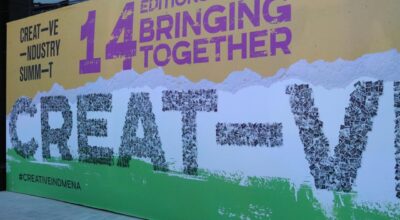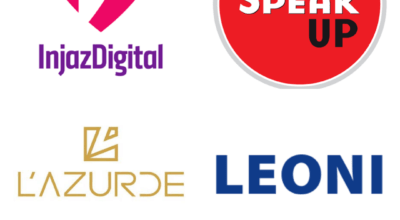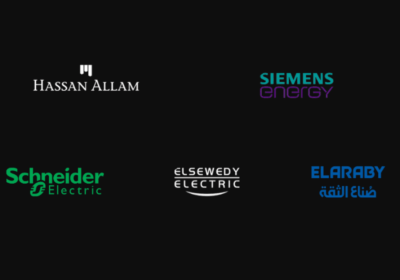The Egyptian-born and esteemed entrepreneurship platform, RiseUp, recently held a special virtual event in response to the COVID-19 crisis. The event was not a substitute for the annual RiseUp Summit, but rather the entity’s response to help combat the effect of the novel coronavirus pandemic on startups of all stages in Egypt and the MENA region. The online gathering featured hours and hours of workshops, insights, and discussions from an incredible line-up of speakers you could interact with in real-time.
The following lessons and eye-openers we dug out for you summarize some of its outstanding moments and talks.
If you’d like to check our live Instagram coverage of the event, click here.
1. Dr. Wendel on What Behavioral Science Can Do To Your Startup
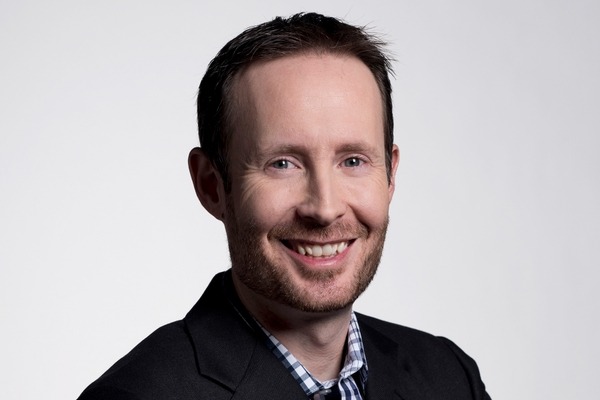
Steve Wendel is the head of Behavioral Science at Morningstar. Photo via morningstar.com.
When designing a product or a service, how do you take your target consumer’s behavior into consideration? If your answer is devoid of behavioral science, you’ll be “shooting in the dark” to some extent.
Whether you’re still kicking off your startup or you’re looking to update your products or services, behavioral science could unveil the insights and solutions you need to succeed and continually improve. That was the subject of Dr. Steve Wendel’s RiseUp From Home session, ‘A Blueprint for Behavioral Design’.
Wendell is a behavioral social scientist with lengthy experience in both entrepreneurship and applied behavioral science. Here are some of the takeaways he offered on the subject…
What Is Behavioral Science?
“I myself know that I need to exercise more. I got a gym membership. I bought running shoes. I have exercise equipment at home,” said Wendell. But, he confessed, still doesn’t exercise as much as he likes. “Do you use it as often as you expect?” he directed the question at the session’s host. “Do you know anybody who actually does this as often as they intended to? No…” he posited. “Behavioral science studies why that happens…” he clarified.
Why do people make seemingly irrational decisions? And what can we do about it? That — simply put — is the basis of behavioral science in this context, according to Wendell.
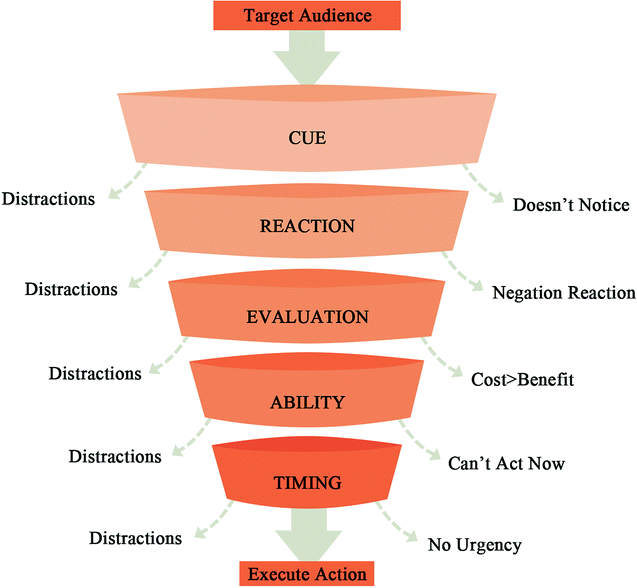
An illustration of Steve Wendel’s CREATE Action Funnel which represents the six obstacles to consumer action. Photo via Research on Design Strategy of Sorting Garbage Bins Based on the CREATE Action Funnel.
Why Your Startup Needs It
Instead of stumbling around trying to figure out why your target consumers refused to take the action you wanted them to take, Wendel proposes evaluating this through his CREATE (Cue, Reaction, Evaluation, Ability, Timing, Experience) action funnel shown above. If the success of your startup requires your consumers to form habits after successfully passing the funnel, Wendel recommends reading Wendy Wood’s, ‘Good Habits Bad Habits: The Science of Making Positive Changes That Stick‘.
When asked about adjusting one’s business to changes in consumer behavior due to the novel coronavirus crisis, Wendel said, “Our customers aren’t going to know how they’re going to react differently. Instead, how can we put little trials in front of them to see what they do and then try — just try lots of small different techniques, […] see what still engages people, and what gets them involved,” he replied.
Finally, in order to sink your teeth further in the subject and understand how you can induce behavioral science into your organization, you can check Wendel’s, ‘Designing for Behavior Change‘, and its free workbook, which guides you through each stage of the design and development process.
2. Adobe’s Scott Belsky Offers His Advice on Building Productive Creative Teams

Scott Belsky, the chief product officer and executive vice president of Adobe’s Creative Cloud is famous for selling Behance to Adobe. Photo via Adobe.com.
The Chief Product Officer and the Executive Vice President of Adobe’s creative cloud, Scott Belsky, is famous for selling Behance to Adobe. In his session, ‘Connecting the Creative World: Lessons From Behance and Adobe’, Belsky gives valuable tips based on his diverse experience on managing productive creative teams.
Agreeing To Fight
“I always try to cultivate a culture where we agree that we have to fight. And the only thing we actually fight against is apathy. We don’t let people not care. Everyone has to have a view,” asserted Belsky when asked about his advice on managing creative teams.
Belsky suggests that this is how you capture the benefit of diversity. “When you have people on your team who see the world differently because of their backgrounds… because they have different inputs, they’ll have different outputs. And then you respect these people and empower them enough so that they’ll really genuinely bring new terrain to the team that you wouldn’t have seen on your own.
Why You Need Both Doers and Dreamers
Belsky also believes that each team should have a very strong “immune system”. This immune system he refers to consists of the doers who can rapidly kill ideas and focus on getting things done on budget and focus on staying on track. According to Belsky, 95% of the time, these doers need to be empowered to keep the team intact.
He then went on to say, “But, every now and then, you need to suppress that immune system and allow the dreamers to take hold. That’s when the magic happens. Say, we’re going to explore the future strategy, we’re going to take a step back. So, the doers, we don’t even want you in this conversation. It’s like an organ transplant; when the doctor suppresses your immune system so you can actually change your body.”
3. Your Company’s Culture Defines It: What You Do Is Who You Are
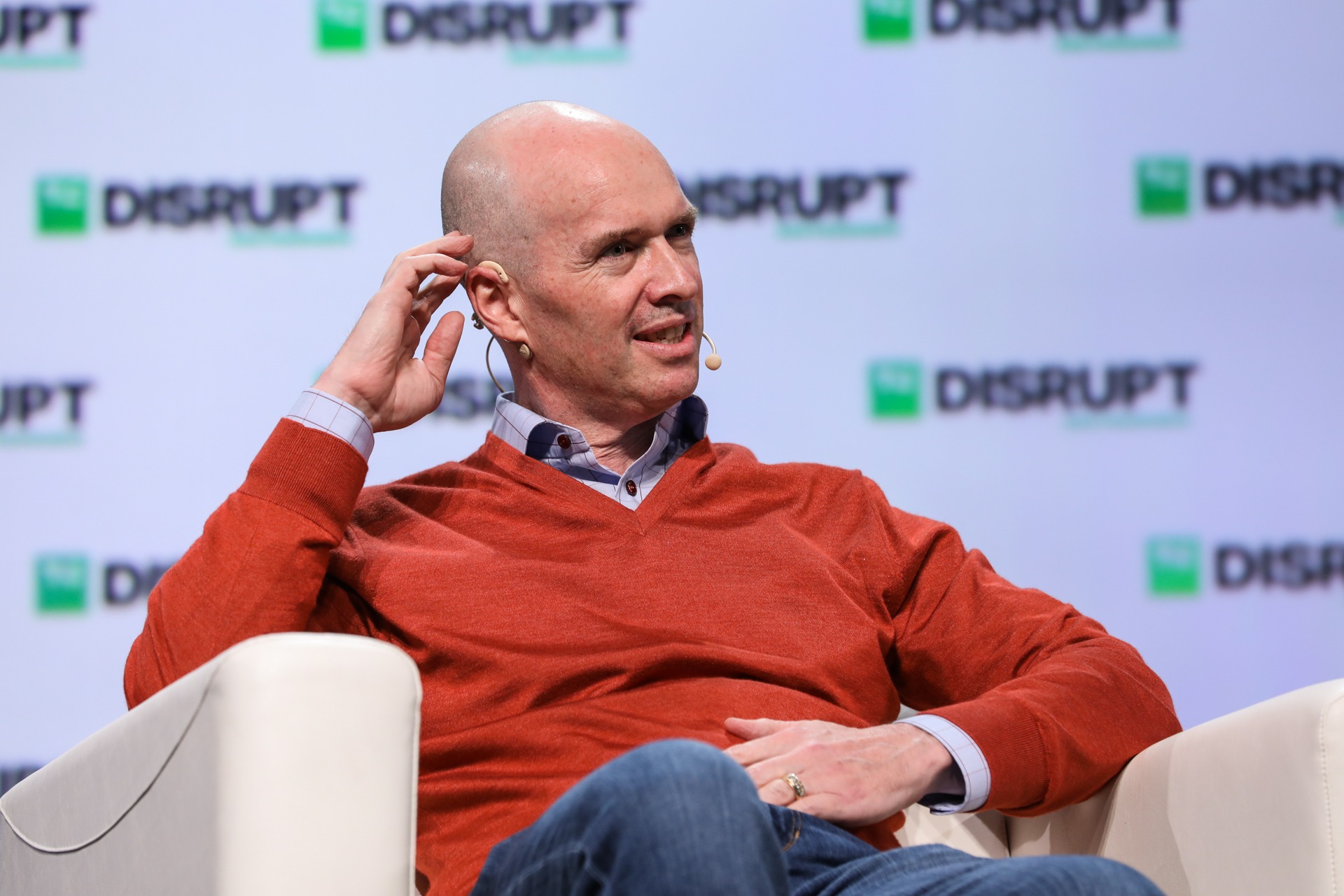
Ben Horowitz is the cofounder of the venture capital firm, Andreessen Horowitz. Photo via TechCrunch.com
Ben Horowitz is a tech entrepreneur, author, investor, and blogger. He also co-founded the venture capital firm, Andreessen Horowitz. In his time on RiseUp From Home, he discussed his book, ‘What You Do Is Who You Are: How to Create Your Business Culture‘, in a session by the same name.
Late a Minute? Pay $10!
It might seem a bit over the top, but in order to stop employees at his firm from showing up late to meetings with entrepreneurs, Horowitz established that, for each minute they’re late, they’ll be fined $10! Why? Because being late to meetings is disrespectful and avoidable in his opinion. “You can’t stop that by saying we’re going to respect entrepreneurs,” he stated before explaining the fining technique.
He also stressed that stories being told repeatedly within the firm about policies and business or work culture help set the organization’s culture. “Then, every new employee goes, ‘Okay, I know how I need to behave here.'”
4. The American University in Cairo’s School of Business Dean Offers Recommendations to Investors, Regulators and Ecosystem Enablers on Moving Forward
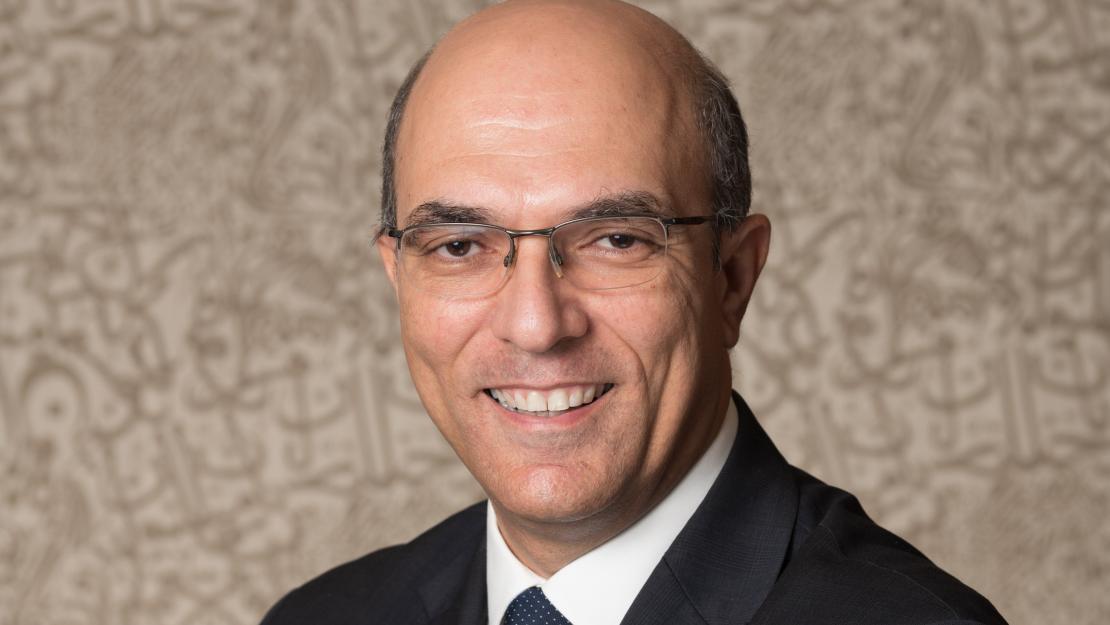
Sherif Kamel is a professor of management and the dean of the school of business at the American University in Cairo. Photo via aucegypt.edu.
Sherif Kamel, the Dean of the American University in Cairo’s School of Business held a session during the summit titled, ‘Future Outlook on the Global Economy’. During the session, Kamel presented the attendees with advice for moving forward past the crisis and towards a rapidly recovering economy, something he’s “cautiously optimistic” about.
An Adaptive and More Diverse Economy Will Recover Faster
In Kamel’s view, we have the opportunity of “revisiting private sector development, a social protection program, [and] designing a new growth model based on economic diversification.”
Countries with multiple sectors have a better chance of recovering their economy than those who primarily focus their resources within one or two sectors, according to Kamel.
The economies that are going to weather the crisis, prosper and thrive, he added, are “not the biggest, and not the fastest, and not — probably — the smartest, but the ones that can be more adaptive.”
Where to Spend and Invest
“Health and education spending should go through the roof! And I cannot emphasize more, […], investing in innovation capital is extremely important,” asserted Kamel. In addition, he believes that digital transformation can “play a massive role across different sectors.”
When asked, ‘What’s next?’, Kamel said that what the future holds relies on “what we make of it.” He elaborated, “Do we want to improve? Do we want a better society? I think we should be doing the same things we were doing right, but we should definitely be revisiting what we were doing wrong, and look at different models that can actually impact the community with huge potential.”



